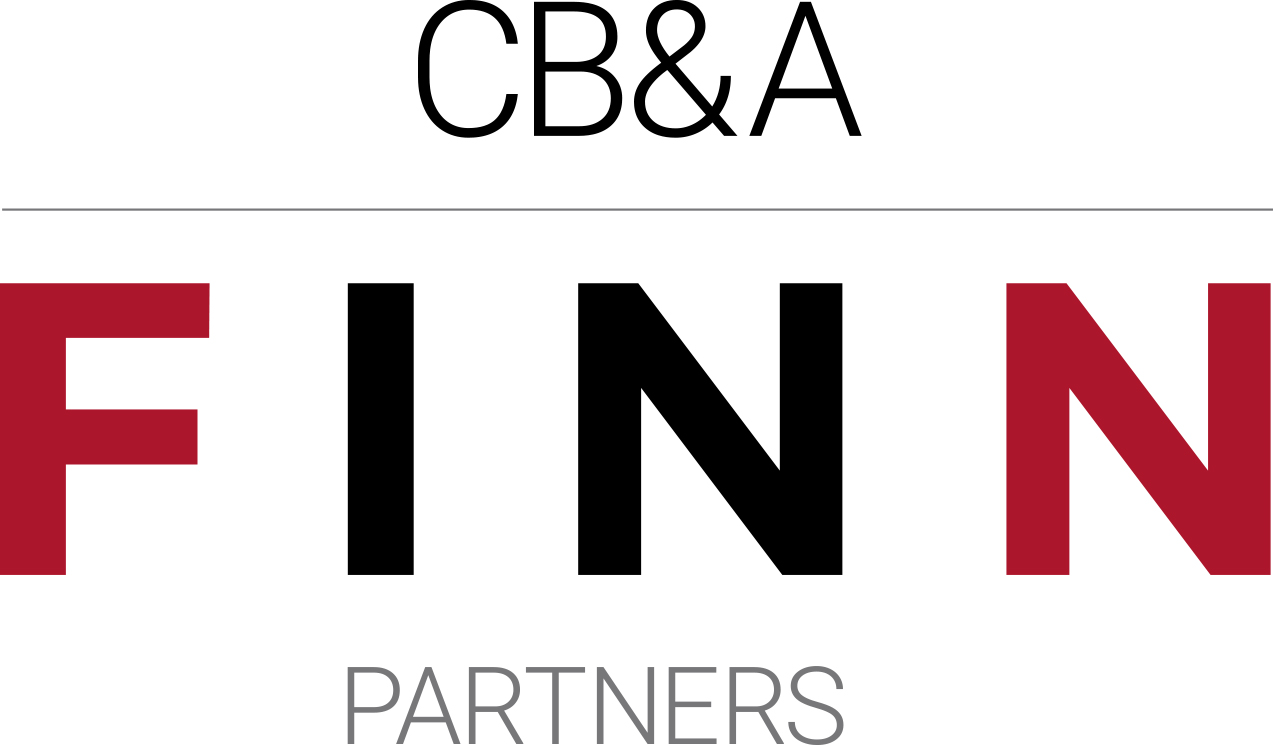
 While a teacher can make or break a product or service via testimonial, it’s the superintendent who represents the most lucrative (and most challenging) sales target for education companies.
While a teacher can make or break a product or service via testimonial, it’s the superintendent who represents the most lucrative (and most challenging) sales target for education companies.
Sales teams looking for the big district deals have numerous challenges; they must stand apart from their competitors, foster warm relations with technology and IT directors, and when they finally get on a superintendent’s radar, they usually have precious little time to pitch their solution to the school’s top decision maker.
Superintendents aren’t ambivalent to education companies – they rely on the services they provide. But they can be skeptical. After all, they’re responsible for learning, safety, and outcomes on a grand scale, and they make careful investment decisions based on what will best serve their needs and the needs of their students. All too often, eager sales reps anxious to make a sale miss that the superintendent is looking to create a relationship based on trust.
At EdNET this year, we heard from a panel of superintendents who talked about their visions for their districts, the specific challenges they face and what they need to serve their evolving student populations.
Here are a couple of consistent threads:
“I Didn’t Know I Had a Problem”
Many of the superintendents said they often are pitched a solution to a problem that doesn’t exist in their district.
Some superintendents speculated that pressure on reps to hit company sales targets may contribute to a pitch that is poorly researched and coldly impersonal. Slow down and build relationships. Get to know a district. In the words of Dr. Dana Bedden, who participated on a superintendents panel at EdNET, “I have contracts with people, not companies.”
Superintendents aren’t interested in a pre-packaged, universal solution. They need turnkey solutions customized to their needs that are focused, flexible, and efficacious. And just in case there’s a temptation to move things along at a quicker pace, many superintendents said that any ultimatum is a deal-breaker.
Related: 4 Simple, Hot Trends to Factor into Your 2016 Social Media Strategy
 Education in 2030
Education in 2030
How will education change in the next 15 years? For most education companies, that question is foundational to the evolution of their products and services. How to change with the times and adapt?
Superintendents are thinking about it too: What will the new norm be? They expect education to become more flexible and individualized. Remote, online learning and specific career-related educational courses will prepare students for opportunities in higher education and the workforce.
H.D. Chambers, superintendent of the Alief, Texas Independent School District, projected that the private sector will be more involved in education in 2030 than today, presenting education companies with unprecedented opportunities. The industry is changing, and these opportunities will be extended only to the companies that are paying attention and listening to what superintendents want.
The Timing Just Isn’t Right
The superintendents we heard from were unanimous: the biggest obstacle to their bandwidth with education companies is time.
Superintendents hear a lot of sales pitches and even if they love the solution, they still say no just because the timing is off. This underlines the importance of knowing your sales cycles in the education industry. Figuring out when districts are sitting down to determine what they spend their budgets on is crucial.
Otherwise, education companies are left to pitch in seasons where money has already been committed to other solutions, and superintendents aren’t ready to re-evaluate and re-commit for several months.
Final Thoughts
Honesty, trust and transparency are crucial in superintendent/vendor relationships. Superintendents are open and willing to commit to smart , efficacious, turnkey solutions. Knowing when and how to approach them is crucial, and the first step is always to listen.
